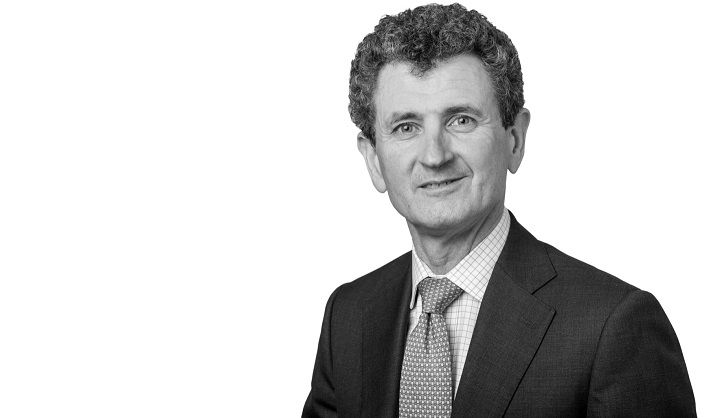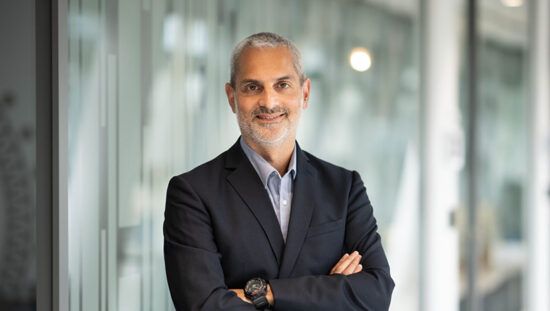Andrew Parry, head of sustainable investing at Hermes Investment Management assesses the implications of corporate greed, the rising importance of engagement and the increasing responsibilities of passive investors. Andrew is also a member of ESG Clarity’s Editorial Advisory Panel.
How would you describe the current investor appetite for sustainable investment strategies?
I don’t think we have ever been busier in talking about sustainability, which I will use as a loose term for everything from ESG to impact. There is a growing global interest for how to integrate sustainability into investment strategies, whether in private wealth, active stock picking, ETFs or pension funds.
For me, helping people navigate their way through sustainability has been a big chunk of my year. There are many approaches that can be used simultaneously or in isolation to better understand the sustainability challenge. It is getting people to recognise that you can look at it through the lens of growth, or through risk, or through advocacy or engagement and stewardship, or through the lens of reporting.
What do you consider to be the most fundamental principle of sustainable investing?
We have to recognise that, at the real heart of sustainability, is that it changes outcomes for the better. It shouldn’t just focus on minimising negative impact, it also should reinforce positive impact. Aspirationally, we want to be heading towards a positive impact system. That is why it is important to think about sustainability not solely through the lens of financial services products.
Advocacy is important. Advocating for a change in the system, means regulation and engagement with governments on policy, and engagement with companies. It is about engaging with companies and promoting the message that a sustainable system is an imperative and not an option.
What is your opinion of the incredibly broad interpretation of impact investing by some fund managers?
It’s great that the level of debate is being elevated, but we shouldn’t just be labelling products, we need to go deeper into the understanding. It is very easy to be cynical and say this is all coming from the marketing department and that it is a commercial imperative. But, if there is an investor demand, there will, of course, be a logical commercial response to meet those needs. Investors need to challenge new entrants into the market to ensure that they have clear purpose. Even the most cynical approaches at least raise the debate.
Where are you witnessing an increase in investor interest?
One of the biggest changes we have seen is in engagement. It goes beyond corporate governance. It is seeing governance as the gateway to better outcomes. If you look back two years at the voting patterns of passive managers, many of them didn’t vote at all. If you are a passive investor, your only real leverage is through engagement. I would like to see a lot of the rhetoric from investors followed up using the power of their vote.
Why have major corporations changed their views on sustainability?
Post the financial crisis, the 1% have been the winners. The benefits of the recovery have been unequally shared. We have had massive changes in technology and geopolitics which are creating incredible amounts of uncertainty.
For many companies, this isn’t just some fluffy, liberal left-wing view. This is a much more existential view as to what is the right business model. Companies have embraced this, irrespective of the political environment in which they find themselves. When you travel to America, many companies are spotting the environmental opportunities. It is not about having a political imperative to burn more coal, it is about basic economics.
Companies need to recognise that a society that is unequal, where the ‘haves’ have more and the ‘have-nots’ have less, is not good for future demand. That is not just a political comment. You have to begin to worry about where the demand is going to come from. Commerce is about increasing demand and that becomes difficult if you have a large amount of people with no money.
What is your view on ESG indices and ratings?
The big problem with any index, rating or ranking is that you have to accept their methodology, a subjective interpretation of what “good” ESG looks like. A portfolio might look good to portfolio provider X but below average to service provider Y. It is very easy to get obsessed about methodology and not materiality.








